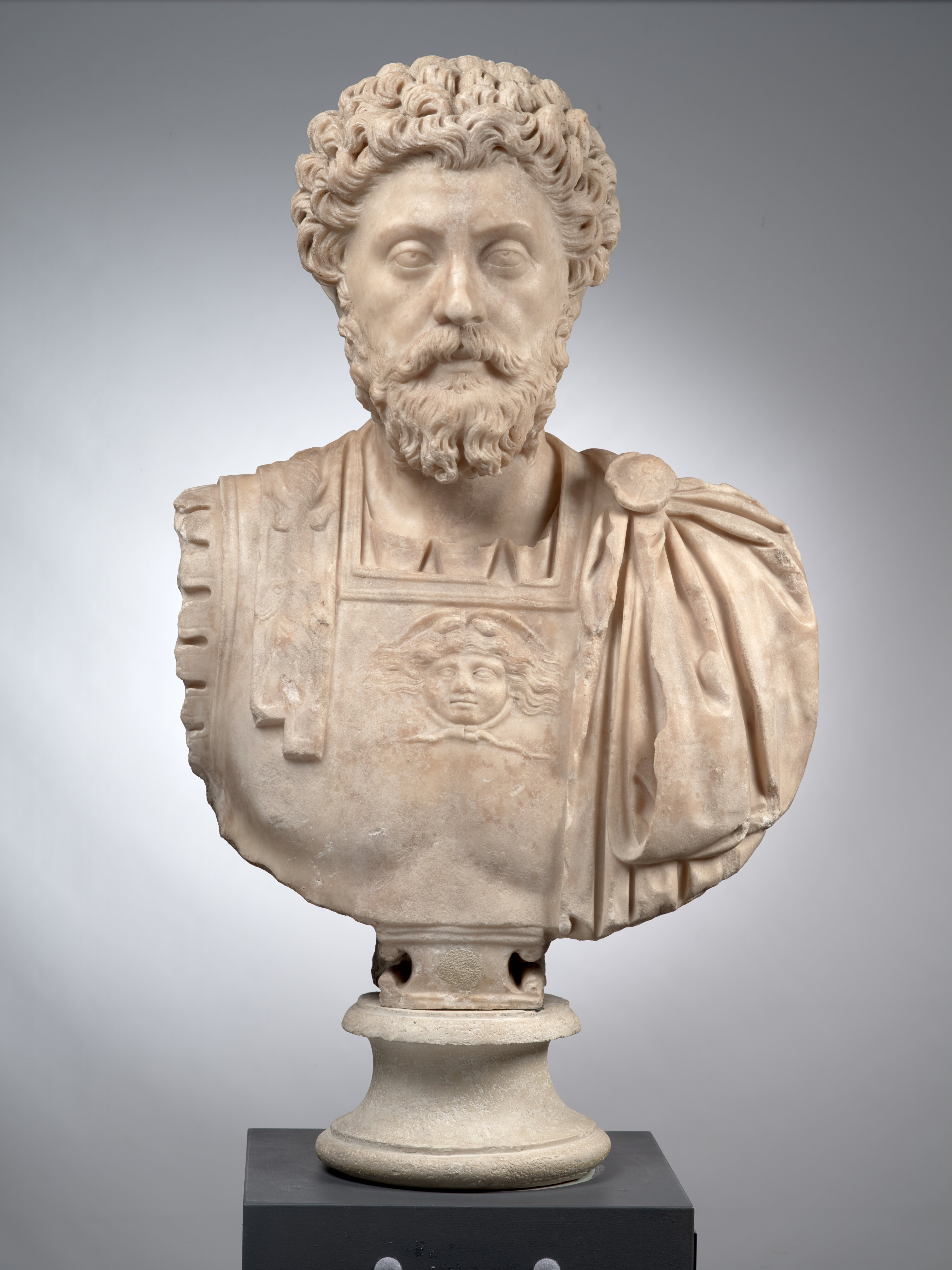Strategic Leadership Analysis
Aurelius archetypes align action with principle. You process turmoil privately, translate stoic insight into equitable leadership, and set standards that inspire teams to stay composed when stakes rise.
Strengths
- Stays calm under pressure with principled decision making
- Models humility and service from the top
- Turns complex dilemmas into clear priorities
- Builds trust through consistency and fairness
- Encourages mindful culture and ethical standards
Pressure Points
- May appear emotionally distant to fast-paced teams
- Carries burdens privately until fatigue sets in
- Reluctant to celebrate bold wins or vision
- Can over-index on caution during uncertainty
- Needs energizers to balance introspection
Relationship Operating System
Partners who bring creative energy and surface emotions keep your steadiness from becoming isolation.
Deployment Zones
Executive stewardship, ethics and compliance, mission-driven enterprises, leadership coaching, governance boards
Leadership Lessons to Apply Today
Share reflections openly and practice visible gratitude so teams feel the power of your stoic compass.



